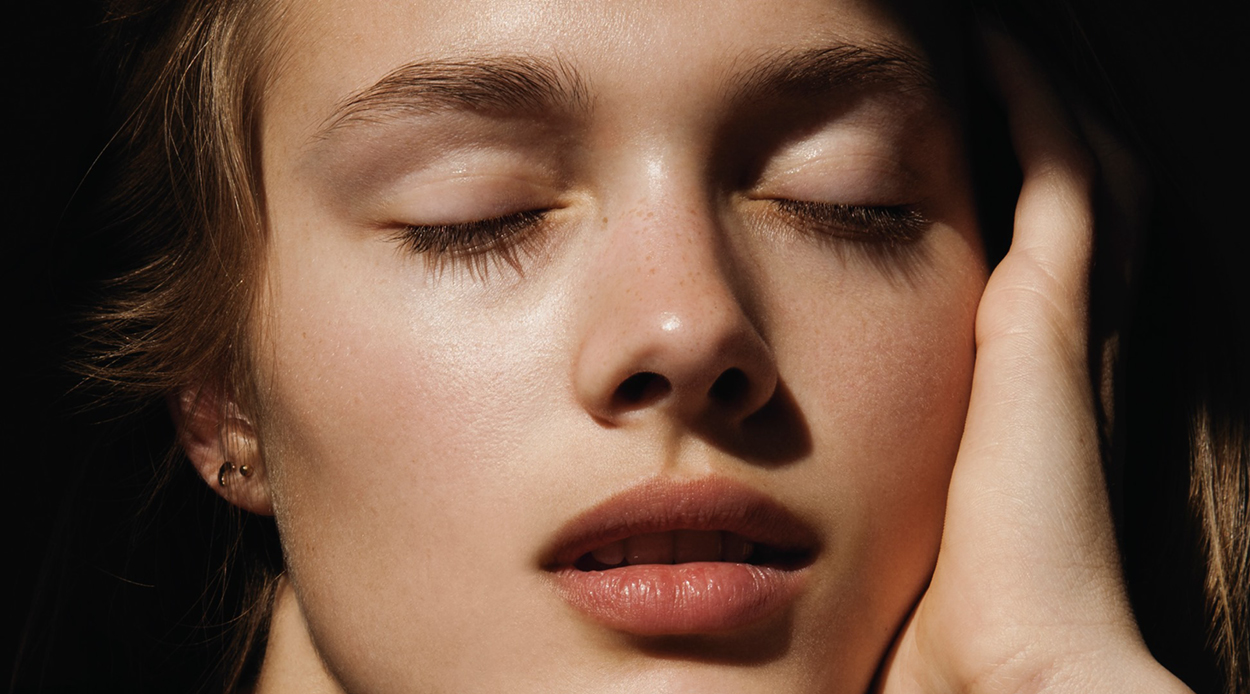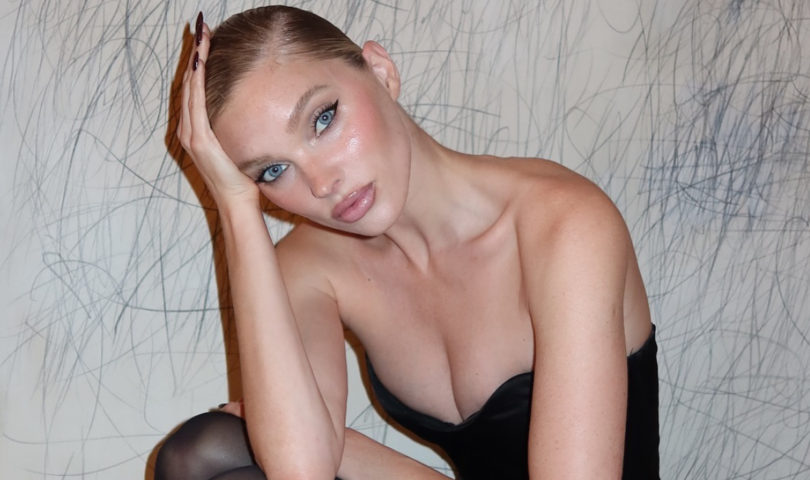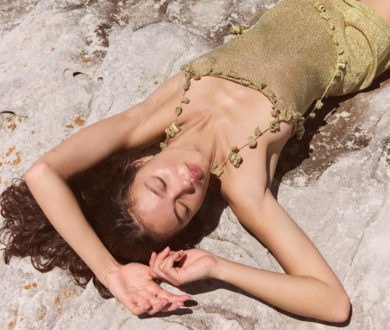When it comes to beauty, it can be hard to determine fact from fiction. Here, we break down five commonly held beauty beliefs, and learn whether they are actually rooted in reality.
The skin needs to breathe
Read or watch any ‘beauty habits’ interview with a celebrity, and chances are they’ll swear by letting their skin ‘breathe’ by not wearing makeup on days they’re not on the job. The terminology of ‘breathing’ is also often used when referring to nails and sometimes hair, but according to most experts, this is all quite misleading. The outer skin is formed of non-living cellular layers, so it doesn’t breathe topically. Essentially, it is important to choose products that don’t clog the pores, and wash your face thoroughly at the end of the day (ideally with a double cleanse if you wear makeup regularly), but the skin functions the same even if you are wearing foundation — and according to some experts, wearing makeup can help protect the skin from environmental irritants as it creates a barrier.
Lips can be addicted to lip balm
While lip balms don’t technically contain a particular addicting ingredient, there’s no doubt that lip balm usage can be habit forming and, for many, it’s a panic-inducing situation if they find themselves without it. Any balm that contains petroleum-based mineral oil is likely to dry your lips out even more, resulting in the need to constantly reapply. Compulsive lip-licking can also contribute, due to certain enzymes in saliva. Choosing products without petroleum that hydrate the lips beyond simply forming a surface barrier and making sure you stay hydrated are two ways you can delay that parched feeling from forming.
Fine hair doesn’t need conditioner
Those of us not overly blessed with thick tresses may have been put off using conditioner at some point due to fears it could make our hair even more limp and greasy. However, this shouldn’t happen if you’re using the right conditioner for your hair type, and in the right way. Conditioner helps prevent knots and tangles, which fine hair is more susceptible to — just be sure to focus on the mid-lengths and ends of the hair, and choose a shampoo that doesn’t strip the scalp of moisture.
Castor oil can help hair growth
This rumour has certainly been doing the rounds for a long time, however most evidence points to it being a myth. While applying castor oil won’t harm the scalp or hair, and can help moisturise the skin and follicle, the suggestion that it actually helps the hair grow has no scientific basis supporting it. Apparently, castor oil has antimicrobial properties that can help fight bacterial or fungal overgrowth, which would contribute to the overall health of hair but, again, probably won’t actually make it grow faster or thicker.
It’s necessary to drink eight glasses of water daily for glowing skin
This is perhaps one of the most debated ‘facts’ in beauty, and signs point to it simply not being true. While it’s important not to let yourself get dehydrated, according to studies by many reputable sources, including The New York Times and The Guardian, there is no science behind eight glasses of water bestowing one with plump, hydrated skin — although consuming enough water contributes positively to overall body function. Many of the foods we eat also help with fluid intake, such as fruits and vegetables. The best way to cultivate radiant skin is to incorporate hydrating products into your routine (like hyaluronic acid); to get enough sleep, use gentle cleansers, avoid products that contain alcohol, and try to limit exposure to dry air like air-conditioning. Simple, right?







